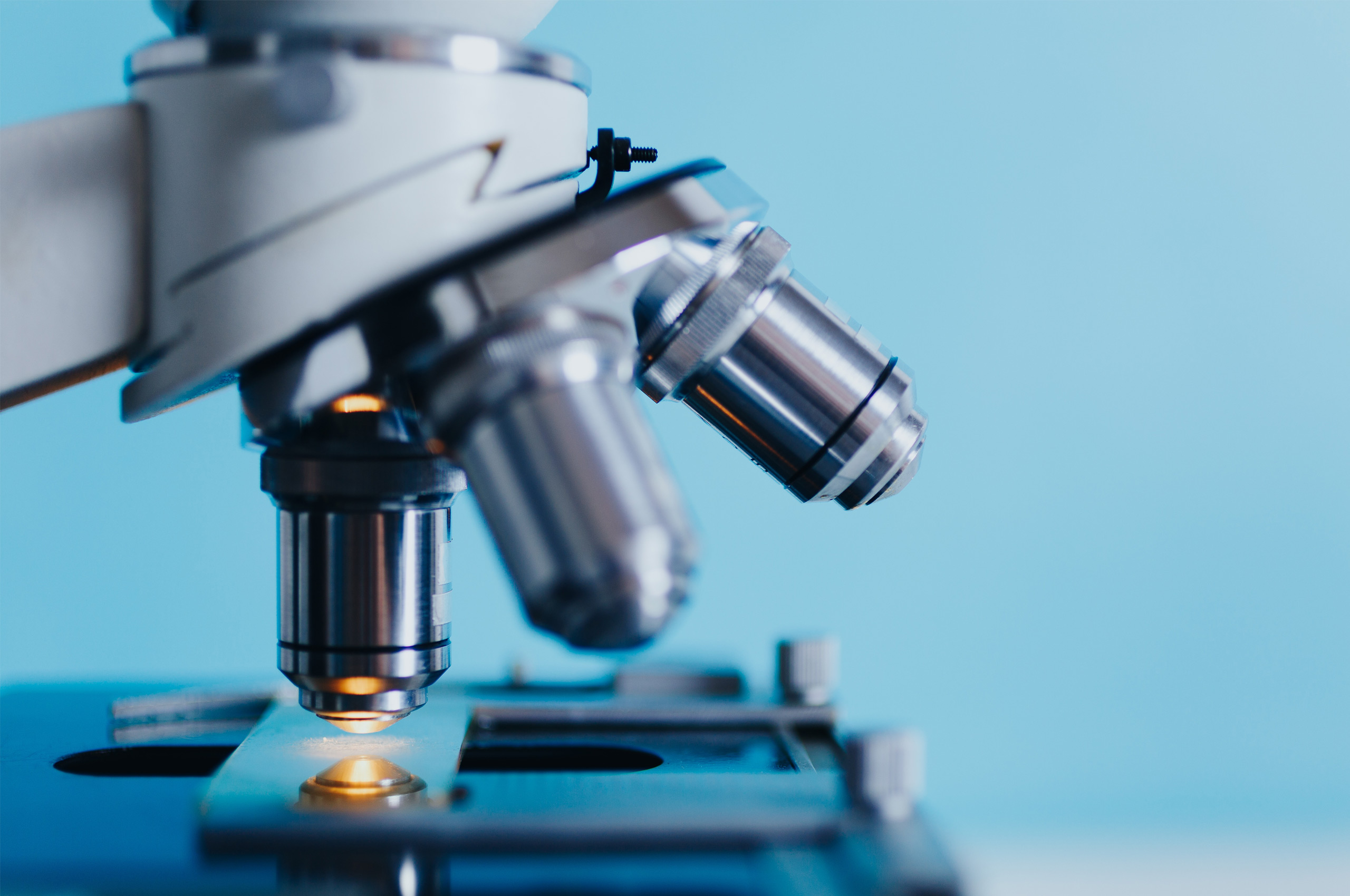Power in partnerships

There are many areas of research with broad applications, but when it comes to microbiology - the list seems endless.
Professor Ashley Franks, our lab director and Pro-Vice Chancellor in Research Capability, has worked across the world specialising in microbiology as it applies to – well, just about everything.
In Massachusetts, he researched forms of bacteria that eat and breathe electricity. In Australian rainforests he used soil bacteria to measure the effects of climate change. He’s contributed to sustainable farming by finding ways to store carbon in the ground instead of the atmosphere; found a way to use bacteria to measure water contamination; and experimented with low-methane-producing cattle. And a recent project saw him looking at the connection between the human gut and autism.
The link between all of these projects is that partnerships are their lifeblood.
The pros of partnerships
‘Partnerships offer researchers access to the real world,’ Ashley says. ‘The companies we work with bring resources and sample size, which allow us to quickly trial or interact with the problem they have at that moment.’
In the case of the US Department of Defense, the brief was to find a cheap, reliable way to detect contamination in groundwater, as part of providing humanitarian relief. Ashley’s solution was to develop ‘biosensors’: bacteria that can detect heavy metals, and shine in different colours to indicate the levels of water toxicity.
Another impactful project developed from a conversation at a social event: ‘About six years ago I was at a barbecue with a friend having some beers. We started talking about the gut microbiome in relation to an autistic mouse model they were working on.’
Although Ashley didn’t predict any link, he agreed to test a faecal sample – after all, it was just a matter of re-purposing the work he was doing on soil every day in his lab. ‘I checked the microbes in the gut and we found a big difference in the autism model. It was a nice, clear-cut result that showed us we needed to go and investigate this properly.’
‘We’ve now started what we call the La Trobe Microbiome Project and we’ve worked with infants, autism, and also with Alzheimer's and other neurodegenerative diseases.’
This outcome, which had its beginnings in a humble conversation, is part of the reason Ashley believes strongly in the power of co-location: you never know who you’re going to chat to, or where it could lead.
The La Trobe family
Ashley started his lab at La Trobe back in 2011, initially choosing the University for its international status. He’s now also grown to value the co-operative nature of the institution.
‘The nice thing about La Trobe is that people work together – the university is not siloed. So I might work with an industry partner and bring in people from business, from microbiology, from agriculture, from nutrition and everyone's happy to work together.’
In addition to this, Ashley says the student pipeline is a huge bonus for potential partners. ‘What works for a lot of companies is what we call an industry PhD, where the industry partner will fund the PhD, but it’s cheap, and they get a person to work full-time on their problem.
‘The student gets the work done and becomes an expert in the area, and then the company can decide whether they want to employ them.’
Ashley says he and his team speak to up to a dozen partners every year, but it’s worth the effort if you can find the right one. ‘If you find the right partner, and you develop that relationship, you become just like another collaborator.’
Once you find the right collaborator, in this field, the possibilities are endless.
